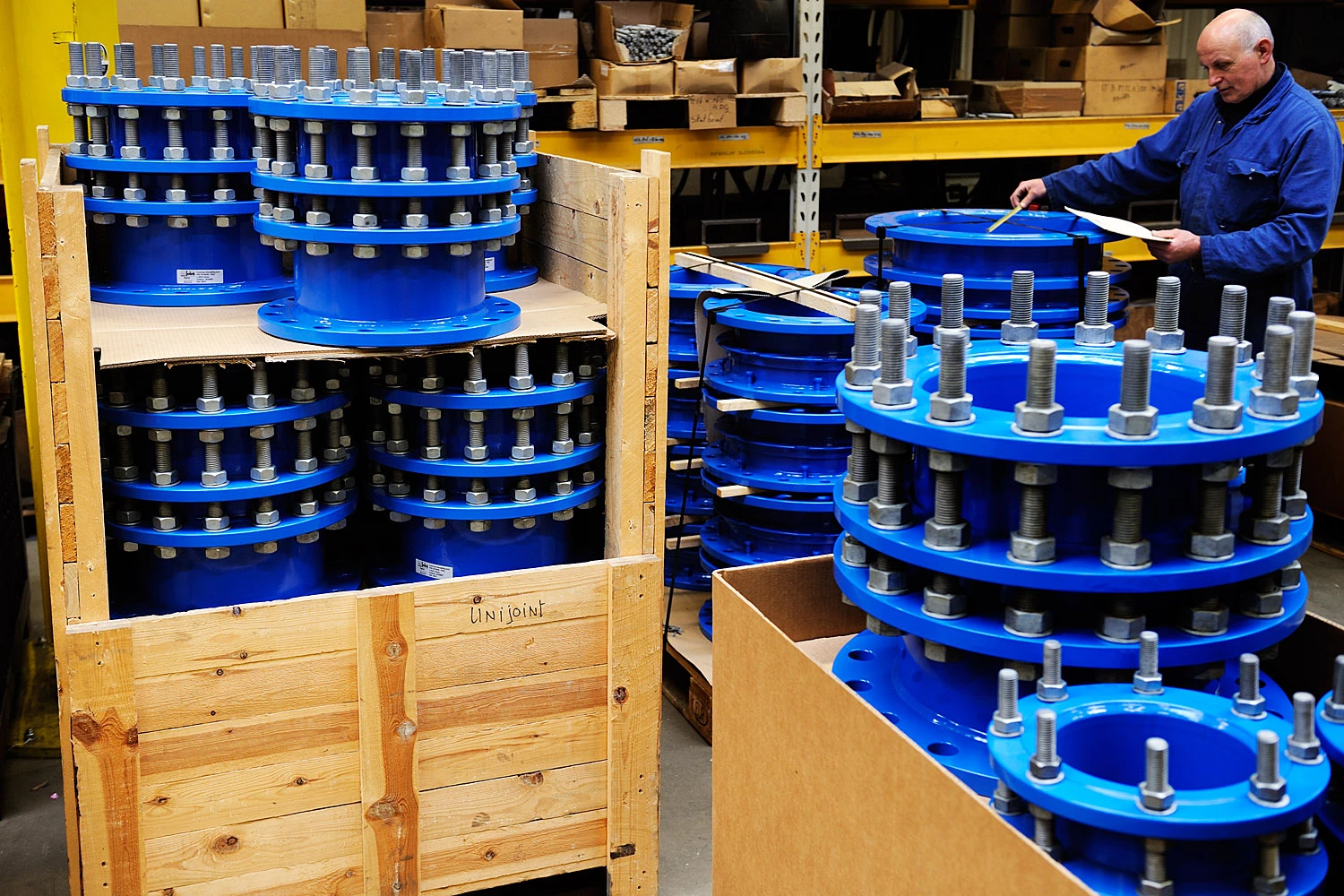
Partner Article
New Report Launched To Help Water Companies Improve Efficiencies And Combat Waste
TALIS, one of the world’s leading providers of water flow control solutions, is acting to help prevent endemic waste in the water sector, stemming from what it believes is a failure to make the best buying decisions for non-standard applications.
In its report ‘Going Beyond the Catalogue’, TALIS highlights a 5-point plan to create more intelligent design, specification and procurement processes. It details the ways in which poor decisions are causing costs to rise, using the example of mechanical joints to help illustrate its case.
In particular, it cites a need for water companies, suppliers and manufacturers to work more closely to share expertise and capabilities. And for suppliers to show a willingness to be flexible, providing bespoke and innovative solutions which will offer tangible benefits.
Hervé Dumont, product strategy director at Talis, says: “Conversations that end at price and delivery dates are never going to be enough to meet the complex needs that can arise when dealing with water networks.
“There needs to always be the option to put the catalogue aside and talk about better, bespoke solutions where these can reduce costs or increase efficiencies.
“When the partnership between customer and supplier is working perfectly, standard needs should be business as usual, leaving time and focus for non-standard needs to be the areas where customers and suppliers can work closely to explore the ‘art of the possible’, working to co-design solutions that will save time, money and resources.
“This is something we encourage all our customers to do, working with the experts across our group to look at specially engineered solutions where required.”
Within its 5-point plan, TALIS encourages water companies to ask themselves some key questions when they have to look beyond the standard solutions.
Hervé Dumont comments: “One area in particular that water companies should focus on is to invest time in understanding key factors in the manufacture of components, to help customers improve their design and specification processes.
“For example, in the case of mechanical joints for challenging applications, fabricated joints made from steel components are often the only solution. These can be manufactured to operate at large diameters (up to DN 2800) and high pressures up to 100 / 150 bar).
“However, to achieve these standards and still work effectively, it is crucial that components are manufactured using best practice techniques such as cold expansion, flash butt welding and using vulcanized rubber gaskets.
“By developing an understanding of such techniques, water companies can make better-informed decisions that ultimately will save time, money and energy across the running of their networks.”
This was posted in Bdaily's Members' News section by Holly Greening .








 Raising the bar to boost North East growth
Raising the bar to boost North East growth
 Navigating the messy middle of business growth
Navigating the messy middle of business growth
 We must make it easier to hire young people
We must make it easier to hire young people
 Why community-based care is key to NHS' future
Why community-based care is key to NHS' future
 Culture, confidence and creativity in the North East
Culture, confidence and creativity in the North East
 Putting in the groundwork to boost skills
Putting in the groundwork to boost skills
 £100,000 milestone drives forward STEM work
£100,000 milestone drives forward STEM work
 Restoring confidence for the economic road ahead
Restoring confidence for the economic road ahead
 Ready to scale? Buy-and-build offers opportunity
Ready to scale? Buy-and-build offers opportunity
 When will our regional economy grow?
When will our regional economy grow?
 Creating a thriving North East construction sector
Creating a thriving North East construction sector
 Why investors are still backing the North East
Why investors are still backing the North East